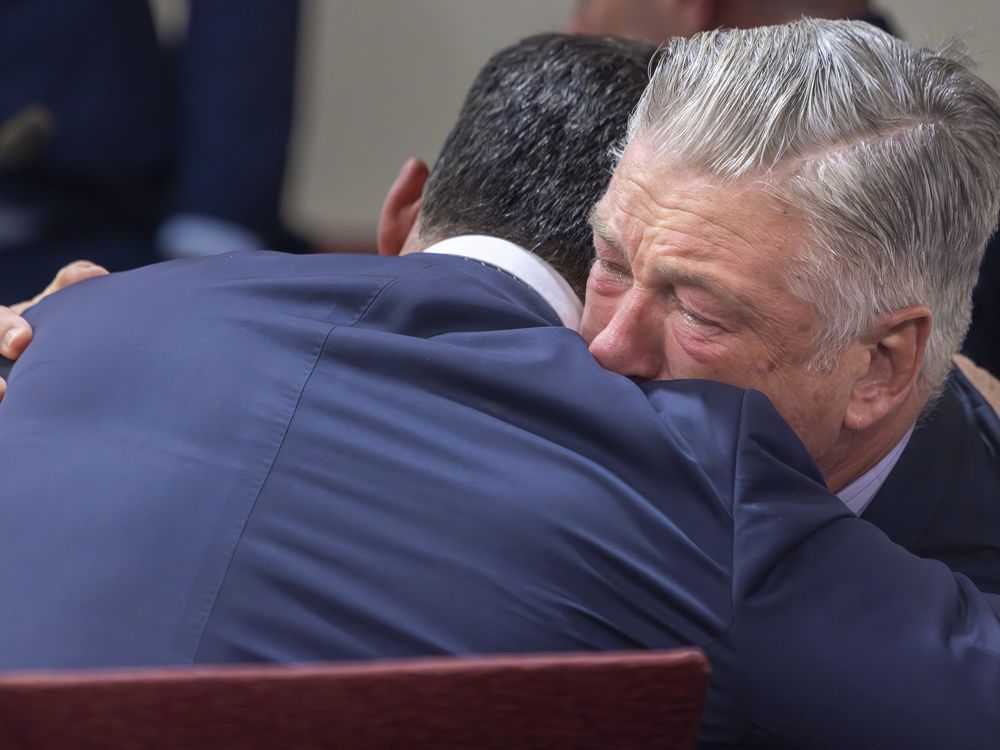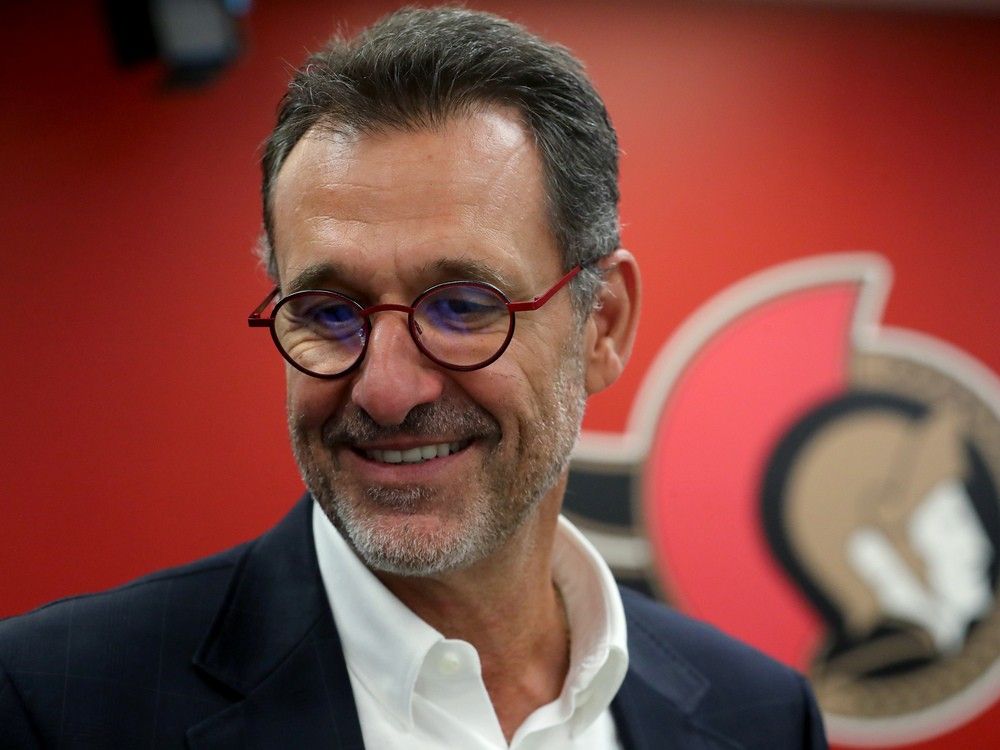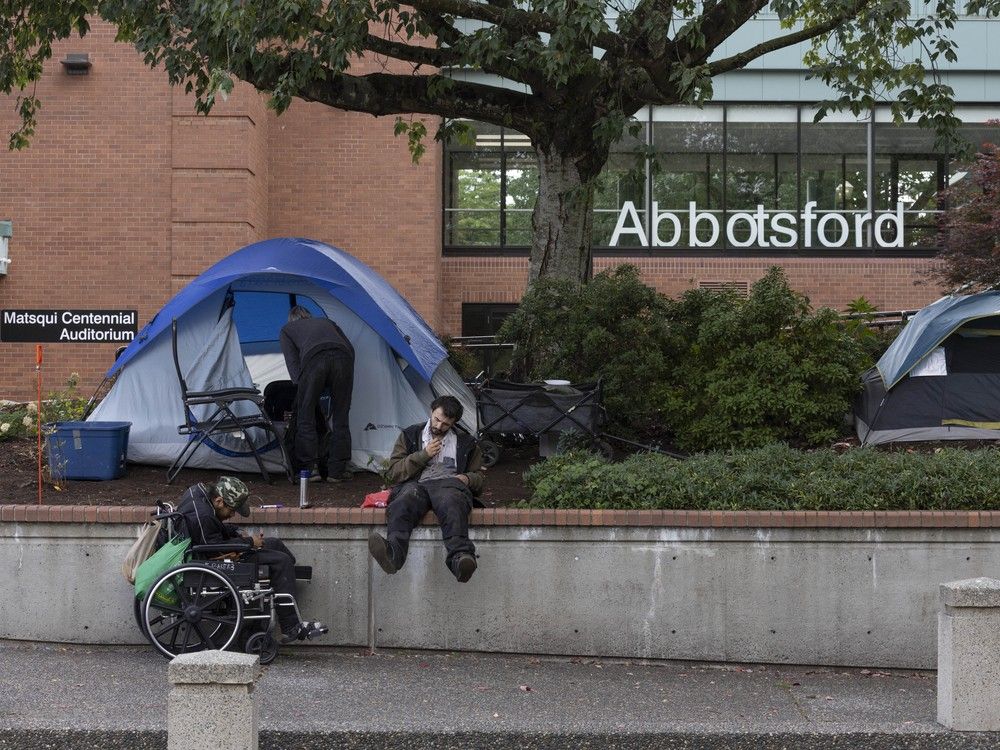Ibrahim Aqil was a member of Hezbollah’s top 'military' body, the Jihad Council. The U.S. had offered a US$7 million bounty for him
Published Sep 20, 2024 • 3 minute read

A targeted airstrike by the Israel Defense Forces in Beirut on Friday reportedly killed senior Hezbollah terrorist Ibrahim Aqil — also known as Al-Hajj Abdul Khader.
Aqil was a member of Hezbollah’s top “military” body, the Jihad Council, which is subordinate to the Shura Council and under the direct control of terrorist leader Hassan Nasrallah.
He was also responsible for the Radwan Force commandos in the Swords of Iron War and led Hezbollah’s tunnel project in Lebanon.
Advertisement 2
THIS CONTENT IS RESERVED FOR SUBSCRIBERS
Enjoy the latest local, national and international news.
- Exclusive articles by Conrad Black, Barbara Kay and others. Plus, special edition NP Platformed and First Reading newsletters and virtual events.
- Unlimited online access to National Post and 15 news sites with one account.
- National Post ePaper, an electronic replica of the print edition to view on any device, share and comment on.
- Daily puzzles including the New York Times Crossword.
- Support local journalism.
SUBSCRIBE FOR MORE ARTICLES
Enjoy the latest local, national and international news.
- Exclusive articles by Conrad Black, Barbara Kay and others. Plus, special edition NP Platformed and First Reading newsletters and virtual events.
- Unlimited online access to National Post and 15 news sites with one account.
- National Post ePaper, an electronic replica of the print edition to view on any device, share and comment on.
- Daily puzzles including the New York Times Crossword.
- Support local journalism.
REGISTER / SIGN IN TO UNLOCK MORE ARTICLES
Create an account or sign in to continue with your reading experience.
- Access articles from across Canada with one account.
- Share your thoughts and join the conversation in the comments.
- Enjoy additional articles per month.
- Get email updates from your favourite authors.
Article content
White House national security spokesperson John Kirby said that the Biden administration was not informed of the strike ahead of time.
The United States had offered a US$7 million bounty for Aqil.

In July, the Israeli Air Force struck in Beirut, killing Fuad Shukr, also known as al-Hajj Mohsin, a senior member of the Jihad Council who was responsible for the 1983 bombing that killed 241 U.S. troops in the Lebanese capital.
In January, an Israeli drone strike on an office in Beirut eliminated Saleh al-Arouri, the commander of Hamas operations in Judea and Samaria and the terrorist group’s deputy politburo chief.
Earlier on Friday, the IDF hit several buildings, a weapons depot and more than 100 loaded, ready-to-fire rocket launchers belonging to Hezbollah across Southern Lebanon, in one of the most significant attacks since the Iranian proxy opened a front against Israel in support of Hamas in the immediate aftermath of the Oct. 7 massacre.
The Israeli strikes were launched in several waves throughout the afternoon following a heavy barrage of some 150 rockets from Lebanon.
By signing up you consent to receive the above newsletter from Postmedia Network Inc.
Article content
Advertisement 3
Article content
Israel has been conducting waves of strikes since dozens of Hezbollah terrorists were killed this week when their communications devices were remotely detonated in coordinated attacks attributed to Jerusalem.
On Tuesday, at least 12 Hezbollah terrorists were killed and some 3,000 wounded across Lebanon when their pagers exploded. The terrorist organization said it held Israel “fully responsible” and vowed revenge.
According to Lebanon’s Health Ministry, at least 25 Hezbollah operatives were killed and 450 wounded on Wednesday when their hand-held walkie-talkies exploded.
Nasrallah acknowledged on Thursday that Hezbollah had suffered an unparalleled defeat, saying that the alleged Israeli attacks amounted to a declaration of war.
Israeli Prime Minister Benjamin Netanyahu said at the start of Sunday’s weekly Cabinet meeting in Jerusalem that the current circumstances in the Galilee and the Golan “will not continue.”
He called for a “change in the balance of forces on our northern border,” amid daily attacks from Hezbollah in Lebanon while pledging to do “whatever is necessary” to return evacuated residents safely to their homes.
Advertisement 4
Article content
Netanyahu spoke days after he ordered the military to prepare for a broad campaign in Lebanon against the Iranian-backed terrorist army.
His instructions were given during a security-strategic discussion on Sept. 12 with the heads of the security establishment, including Defense Minster Yoav Gallant, along with Foreign Minister Israel Katz, Finance Minister Bezalel Smotrich and Strategic Affairs Minister Ron Dermer.
On Wednesday, Gallant said that the IDF had entered a new stage in the conflict against Iran’s regional terrorist proxies.
“I believe that we are at the beginning of a new period in this war,” he declared, speaking at the Ramat David Airbase near Haifa.
“The center of gravity is moving to the north. This means that we are moving forces, resources and energy to the north,” the defense minister said. “We did not forget the hostages, and we did not forget our missions in the south. This is our duty, and we carry it out simultaneously.”
Hours later, IDF Chief of Staff Lt. Gen. Herzi Halevi approved “attack and defense plans for the north,” the army said. “We still have many capabilities that we have not yet activated, I repeat, we have not yet activated … ,” he said.
“The rule is that every time we work on a certain stage, the next two stages are already ready to advance. At each stage, the price for Hezbollah must be high,” Halevi added.
Article content
.png)
 3 hours ago
7
3 hours ago
7

































 Bengali (BD) ·
Bengali (BD) ·  English (US) ·
English (US) ·